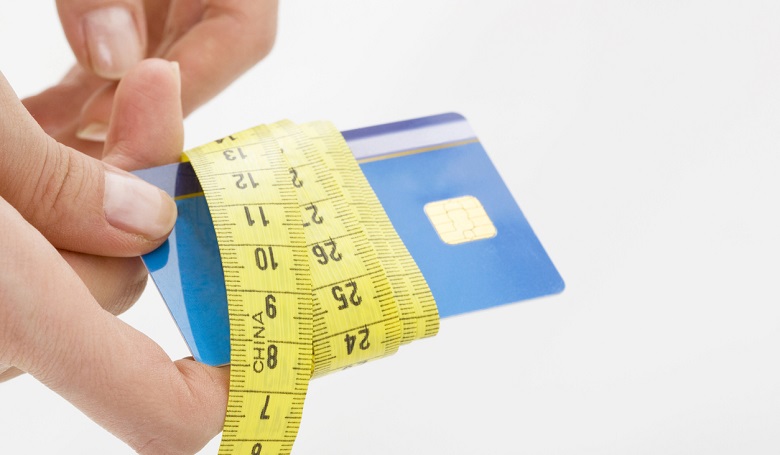
Did your credit card limit unexpectedly decrease? If so, would you believe the good economy is the reason why?
Capital One and Discover, two of America’s largest credit card issuers, recently announced a tightening of credit card limits despite the strong economy. Both companies cite risk management as the reason.
While the economy may be strong now, Americans have taken on levels of debt that may not be sustainable in tougher times. According to Federal Reserve data, total consumer (non-mortgage) household debt is over $3.9 trillion. Total revolving debt (mostly credit card debt) is just over $1.04 trillion.
Both Capital One and Discover have a relatively high percentage of borrowers with lower credit scores – according to The Wall Street Journal, approximately one-third of Capital One’s card balances are held by borrowers with subprime credit scores. Consequently, both companies must be more pre-emptive at lowering risks.
By tightening credit limits, both companies are signaling concern that current economic growth is unsustainable, and their customer base will feel the most pain.
Capital One has focused on reducing spending limits for new cards and scrutinizing requests for existing spending limits, while Discover is reducing the number of higher-risk balance transfer offers and shutting down inactive cards. Discover has reduced their overall spending limits by almost $30 billion over the last two years.
Can a credit card company simply lower your credit card limit at any time, without a specific reason? They can, as long as they don’t violate any of the terms in your credit card agreement. However, they must notify you of the decrease and allow 45 days before charging fees if the decrease drops your new limit below your current balance.
Credit limits are more likely to be decreased if you are showing signs of trouble like increasing balances, approaching your credit limit, or missing payments. However, limits may also be decreased through lower activity or inactivity. Either way, your credit score may be harmed because lower limits increase credit utilization – the amount of credit you’re using compared to your credit limit.
What can you do if your credit limit has decreased?Ask your credit card issuer for the reason. You may find out that your limit has been decreased by mistake, reflecting an error in your credit report or fraudulent use of your account. In that case, dispute the charges with your issuer and the credit reporting agencies to start the redemption process. If you would like to monitor your credit to prevent identity theft and see your credit reports and scores for free, join MoneyTips.
If the reason is valid, try to make a case that the situation is temporary (a one-time unexpected large expense or setback). Explain how you plan to overcome the situation. You may be able to talk the issuer into restoring your limit if you follow through on your plan or meet a separate set of conditions that the credit card issuer suggests.
The best policy is prevention. Manage your credit cards wisely and avoid giving credit card issuers a reason for decreasing your limit.
Stay below 30% of your credit limit on all credit card accounts. For secondary cards, place regular small charges on the accounts to maintain activity. Don’t close the older accounts – you’ll reduce your credit score by reducing the length of credit history as well as increasing credit utilization. Make all payments on time and avoid a pattern of steadily increasing balances. Keep spending and your overall debt limits under control, and in proportion to your income.
By taking these actions, you’ll make a credit limit decrease less likely and a credit score increase more likely. Who wouldn’t want that?
If you want more credit, check out our list of credit card offers.


